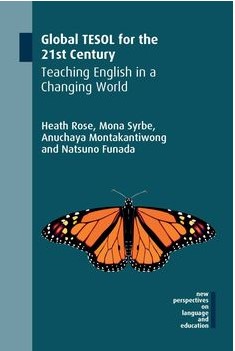The Project
This knowledge exchange project explores the best ways of researchers and teachers working together to investigate the use of songs for teaching languages in primary school.
There is a surprising lack of robust research evidence to support teachers in choosing songs to achieve language-learning outcomes in primary school. The limited research base for teachers to draw upon is at odds with the strength of practitioner belief that songs are highly effective, for example for teaching vocabulary and facilitating oral language development.
Building on three research projects conducted since 2020, this knowledge exchange project aims to find the best way of working with practitioners and stakeholders to develop a coherent research agenda in a way that supports teachers in making decisions about whether and how to use songs for teaching languages.
As well as disseminating evidence from her research, the principal investigator will seek teachers’ and stakeholders’ opinions about how to take the research forward to meet practitioner needs, both in terms of designing future research collaboratively with teachers and communicating findings to teachers.
To achieve this, a model of working with subject associations and schools will be developed in collaboration with The English Association CEO, Dr Rebecca Fisher, and colleagues. Following this working group, a twilight roundtable discussion with teaching practitioners will invite discussion of the best way to disseminate research findings that potentially challenge current beliefs or ideas of evidence-based practice, and to explore proposed ways forward.
Further related activities including creating Education Deanery podcasts and summaries of the research findings for dissemination. This project webpage will continue to be developed, in collaboration with the Department of Education communications team and the Oxford Education Deanery, as a prototype repository of materials that teachers can use, alongside accessible research findings and space to share ideas going forward.
This project will begin to form the basis for further funding applications to conduct a research priority-setting partnership and research investigating the priorities identified. This will benefit practitioners because the evidence gathered in future research will be better informed to meet their priorities.










